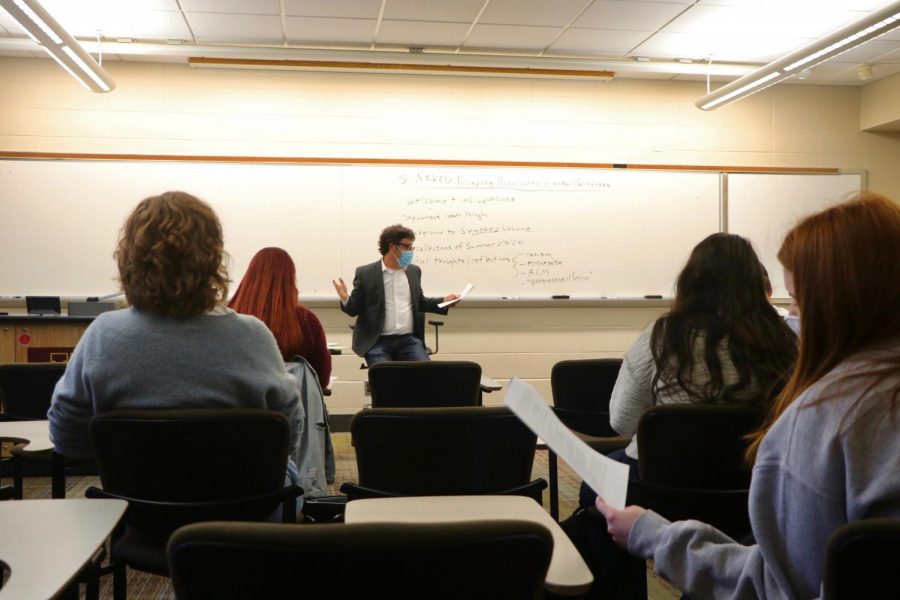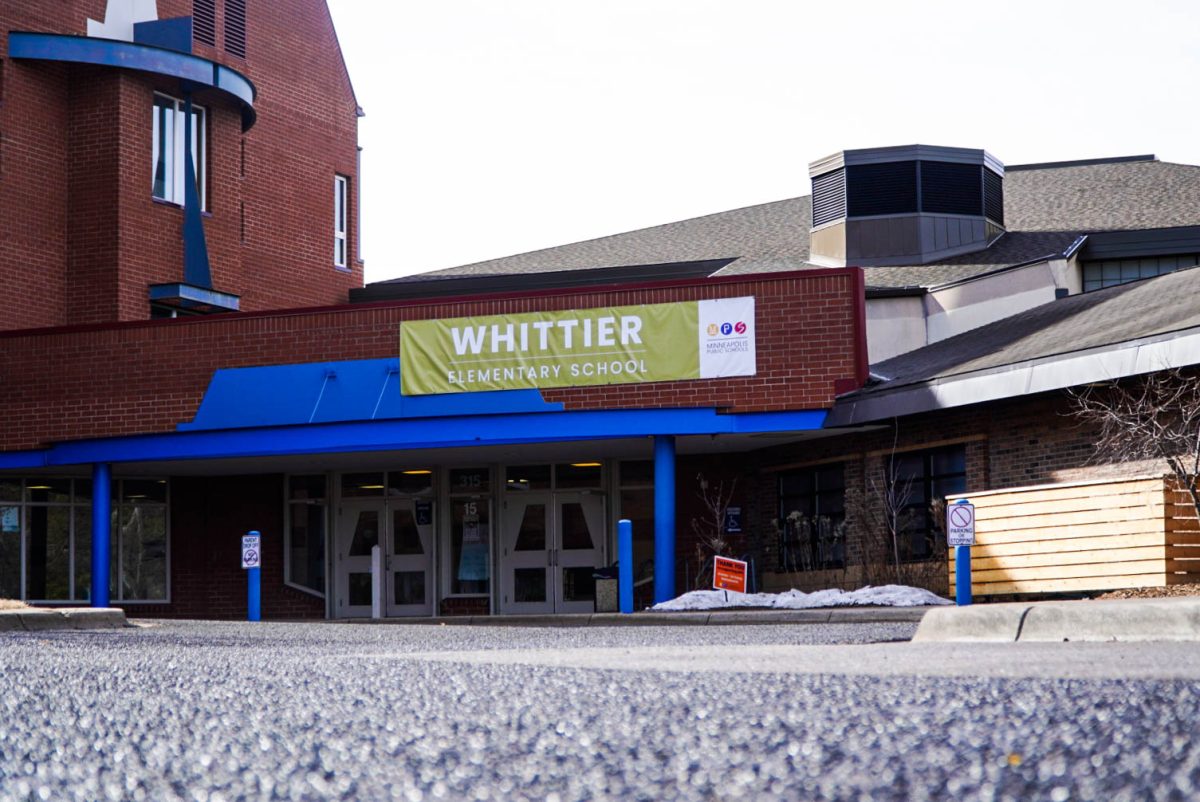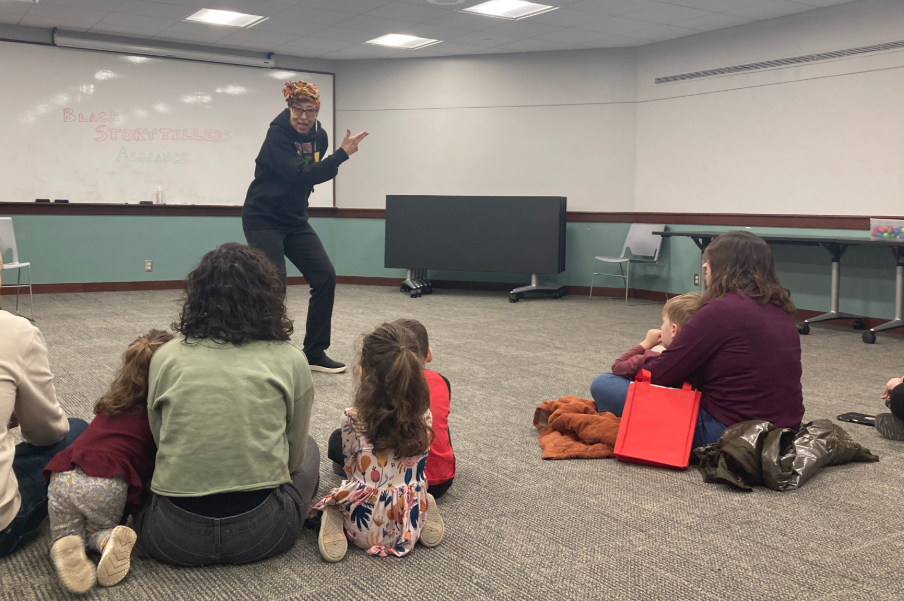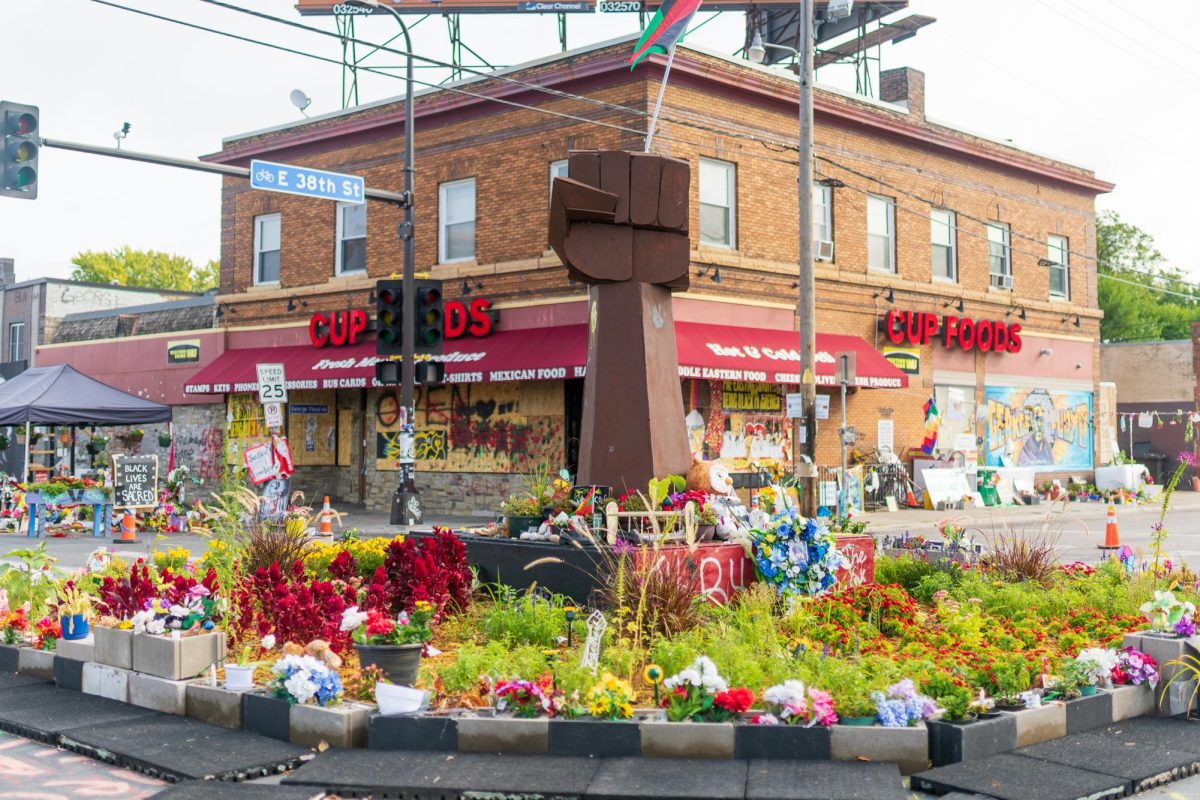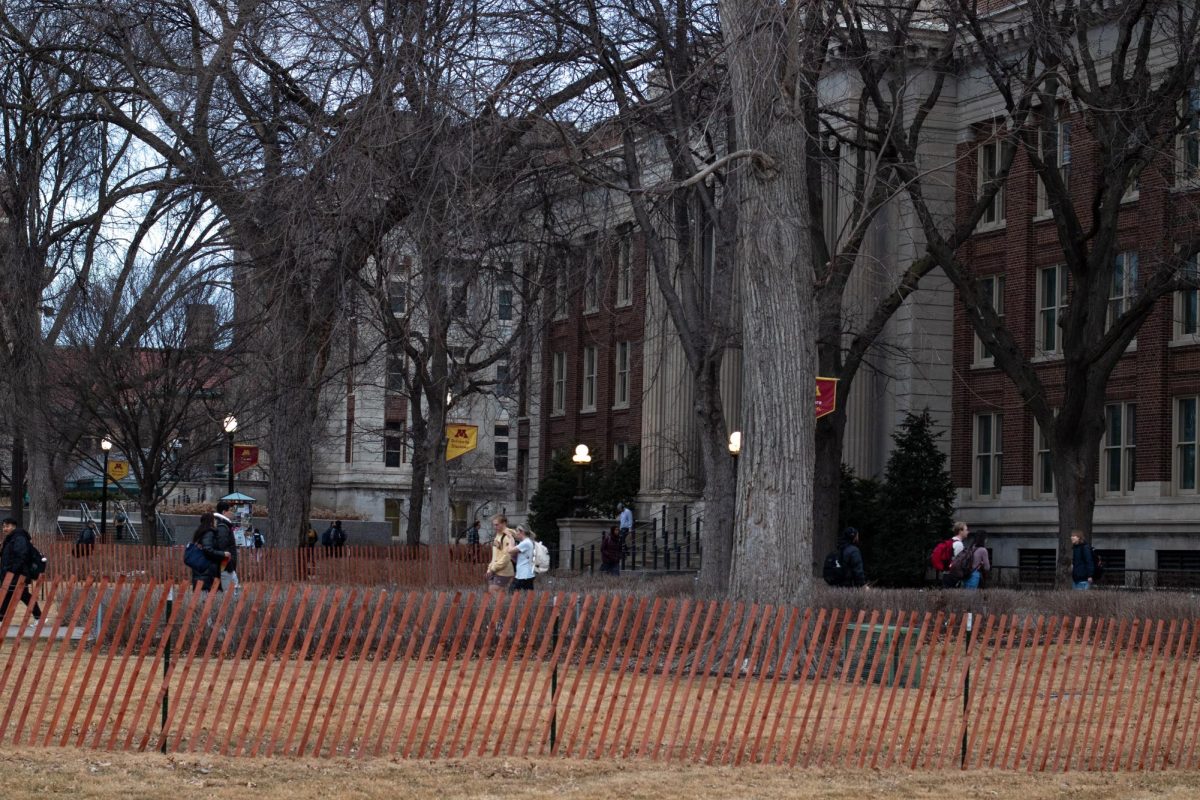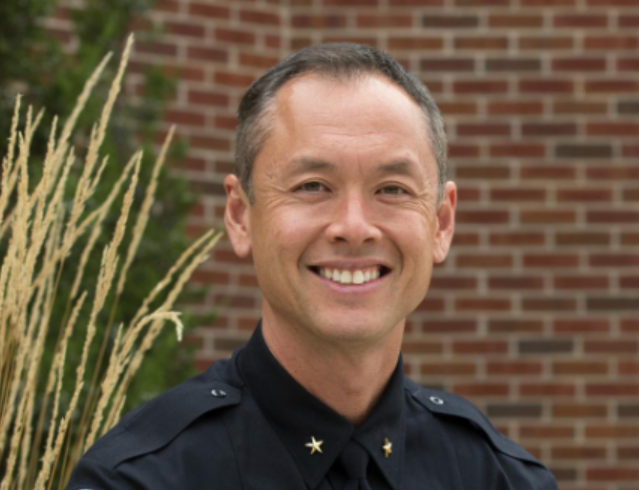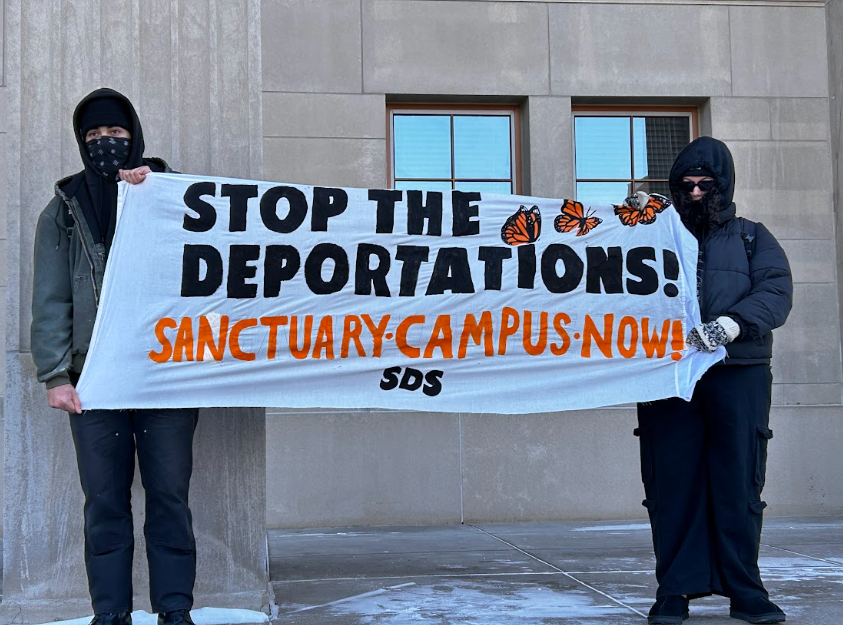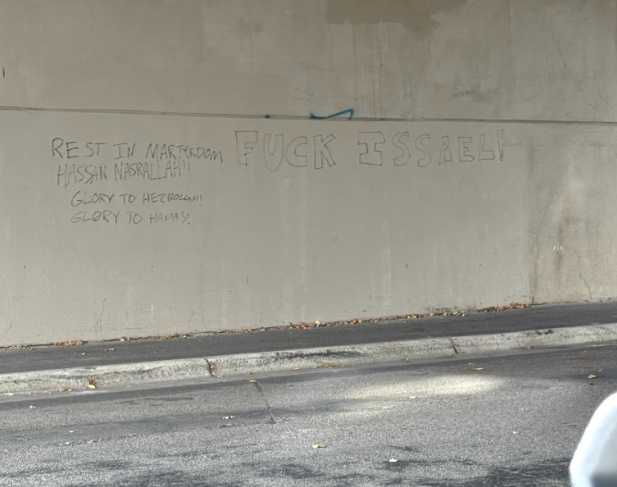After a year and a half of development, the University of Minnesota’s Public Life Project publicly launched this fall, with a major goal of increasing civic engagement and conversations about divisions and polarization on campus.
The College of Liberal Arts (CLA) project consists of tailored courses, student and faculty panels, workshops, guest speakers and other events for students looking to discuss societal issues. Derek Chauvin’s murder of George Floyd last year, and subsequent civil rights movements, pushed leaders to continue forming the project, which has been in development for almost two years.
“The project is multi dimensional, it involves students, it involves faculty, it involves outside speakers, but the main goal is to create in students this notion of civic readiness,” said Howard Lavine, Associate Dean of the Social Sciences, and political science and psychology professor. “This idea that you’re going to encounter difference, and if you choose to encounter it in a negative way, society is going to be more at odds, more fractious, and overall less happy.”
Lead research assistant Edgar Campos said Floyd’s murder highlighted the need for reform within the University community and created an opportunity to connect departments across CLA around a single project. Graduate students, professors and other CLA faculty helped to develop coursework and organize events for the project.
According to Lavine, tension in society has generally been rising due to the misunderstanding of others’ views and motivations.
“We know that we have a problem of polarization in society, so we assume that we have a problem with students feeling free to speak their minds on campus,” Lavine said.
As a result, a major goal of the project is to prepare students for conversations in “a diverse conflicted society,” said sociology professor and faculty director of the project, Douglas Hartmann.
“CLA has a whole set of competencies that you get as an undergraduate liberal arts major, and I kind of realized about half of those aren’t really about jobs,” Hartmann said. “It’s more about your life and about living in a diverse society, so we were really interested and concerned about students who were feeling left out or marginalized by that.”
The initiative provides resources, like worksheets or online tools, for faculty discussing difficult topics in class, Hartmann said. The project also provides stipends for faculty teaching targeted courses to fund enrichment activities, provide guest speakers or plan field trips related to civic engagement.
“Over the last almost two years, we’ve been talking about this a lot with faculty and staff about the focus especially on what we do in terms of curriculum and classroom to better facilitate and support engagement across these lines of difference and polarization,” Hartmann said.
Curriculum offered through the project includes freshman seminars and two signature courses on public life led by Hartmann and Lavine.
One class offered through the project examines essays written by authors of color after Floyd’s murder as they reflected “on the challenges as well the opportunities for dealing with race and racism,” Hartmnann said.
Lavine’s course focuses on the impact of political polarization on democracy and democratic norms. He said he hopes to teach about the different sides of politics and how to “flesh out the more legitimate underpinnings of people’s beliefs.”
Lavine said he hopes to see class sizes grow from the approximately 30 students currently enrolled to around 300 in the future. In order to do this, leaders are in the process of applying for grants to expand the curriculum.
For Campos, a goal for the future is to expand the CLA project to a University-wide initiative that could potentially act as an “epicenter for the community.”
Expanding the project may include embedding civic readiness into advising programs and the CLA First-Year-Experience course, or creating a certificate program, minor, or major revolving around public life, Hartmann said.
”Being as engaged and prepared as we can to include everyone and have broad conversations and lots of exchange of ideas across difficult lines — the more we can do that the better,” Hartmann said.


